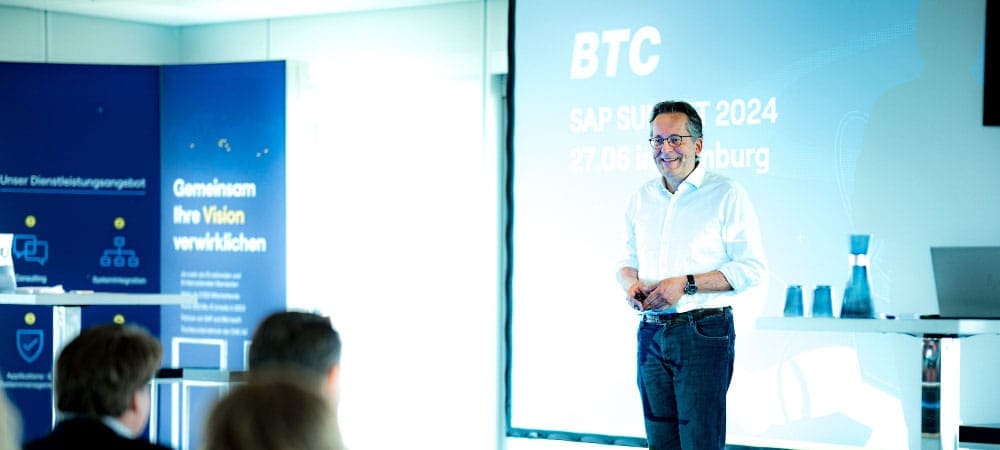Process Mining And Robotic Process Automation Working As A Team


The recipe for success rests on intelligent, robotic-supported process automation which enables an efficient use of resources, time and cost savings and helps to manage complex business processes. Robotic automation is nothing new: the technology has been used extensively in production to increase speed and efficiency. What will change, however, are the areas of application that are increasingly software-based. According to a study by the Information Services Group (ISG), in 2019, 72 percent of companies will already be using robotic process automation (RPA) in pilot projects or in full operation. Recent studies also show that RPA’s ROI depends heavily on the degree to which business processes are automated. By selecting and optimizing processes that promise the highest ROI, Big Data’s Process Mining technology can make a decisive and successful contribution.
Exploit existing opportunities with RPA:
Repetitive, time-consuming tasks shape the daily work routine of many employees and keep them from productive activities. RPA can remedy this situation: routine daily tasks like creating invoices or maintaining master data are taken over by virtual robots. As the ISG study shows, the cost and time saving potential that is inherent with the fully automated processing of business operations, and the relief of employees, is tremendous. By using RPA, business processes can be executed up to ten times faster. Another advantage of the virtual robots is their reliability as they adhere to the predefined workflow at all times, which increases process reliability and compliance.
Companies can only fully benefit from the advantages of an RPA implementation if the groundwork is laid properly. The first step towards a successful implementation is to identify the business units and processes that benefit most from automation, and the second step is to set the rules to govern the automation. For example, consider a service center where many employees post invoices: the time required to prepare for an RPA implementation becomes tedious, and repetitive tasks which are best suited for automation can only be identified manually, and with quite a bit of searching.
With Process Mining, this manual effort can be avoided: the technology makes internal business processes transparent with a mouse click, revealing bottlenecks and loops. By utilizing Process Mining software, companies can filter out repetitive processes associated with high process costs, and harness the full optimization potential of RPA.
Process Mining and RPA
Process Mining doesn’t only provide assistance to companies in identifying those processes whose automation promises the highest ROI. With Process Mining, selected processes can be optimized before an RPA implementation, and errors can be avoided in advance. However, RPA makes processes faster but not better, which means that if a company automates an incorrect process, it does not increase efficiency—incorrect processes only run faster. Process Mining leverages enterprise data to automatically reconstruct actual operations, uncovering and eliminating inefficiencies before a process is automated. With this new possibility of visualization, Process Mining enables companies to fully exploit the improvement potential of RPA.
However, it’s important to note that RPA cannot solve all problems in connection with process flows. The human factor is also important when it comes to transforming organizational processes or systems— the key words here are “change management.” Though, Process Mining helps to find the right tool to optimize an incorrect process.
More process efficiency
Compared to other automation solutions RPA initiatives offer the advantage of an easy implementation without having to make changes to the existing enterprise IT environment—and therefore they promise a fast ROI. Once configured, processes can be scaled up by intelligent automation. Thus, a single software robot is able to perform what otherwise would have taken the manpower of several employees.
The telecommunications company Vodafone demonstrates how Process Mining and RPA can be used successfully at the same time. Vodafone has a widespread supplier network—the purchasing situation is complex, with numerous transactions and orders being processed at once. The use of Process Mining makes it possible to visualize these highly complex processes and to identify the optimization and automation potentials. In addition, current benchmarks make it possible to predict the time and cost savings of the individual RPA initiatives. Continuous monitoring of the software robots ensures that the ROI from the RPA initiatives is guaranteed at all times.






